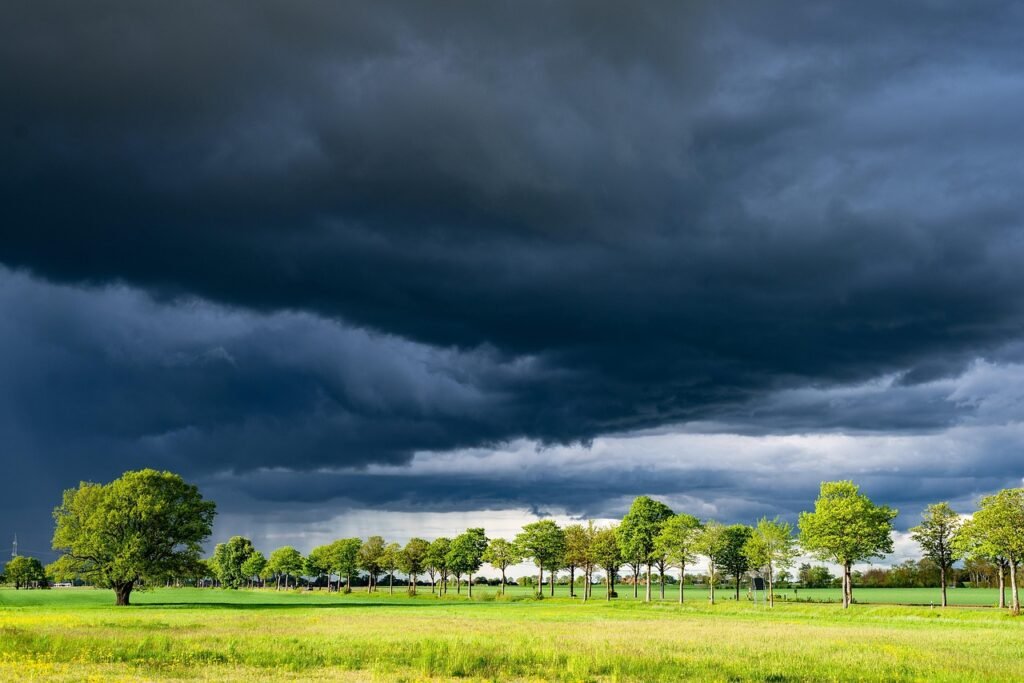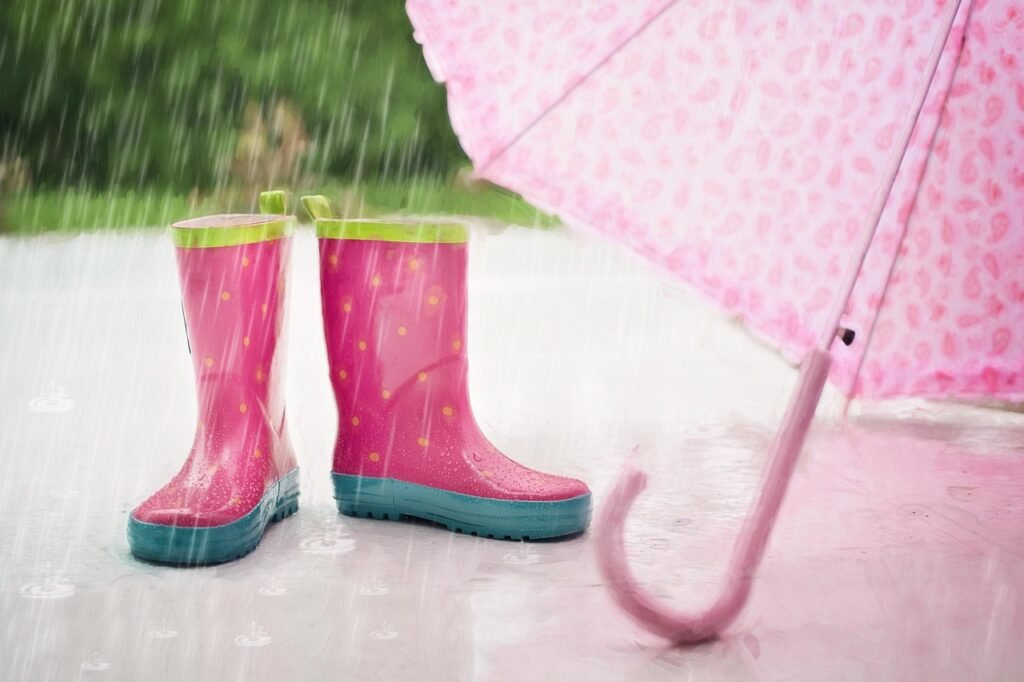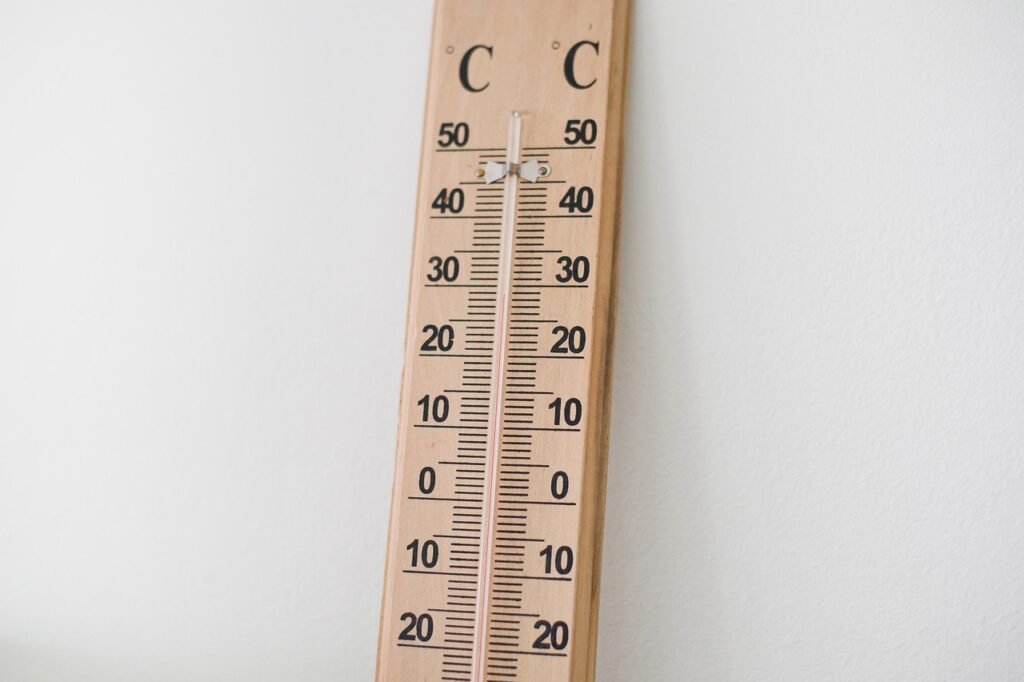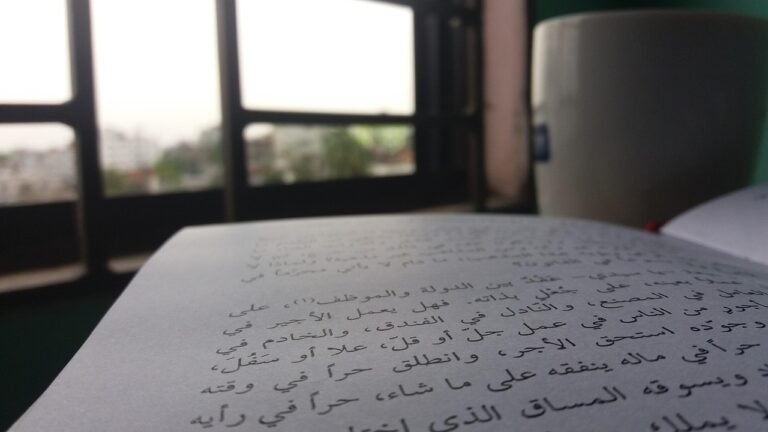How to Discuss Weather in Arabic Great lesson in 2026
Talking about the weather is one of the easiest ways to start a conversation. People everywhere use it to break the ice. When you travel to an Arabic-speaking country, this small talk becomes even more useful. It helps you connect with locals, practice what you’ve learned, and feel more confident speaking.
In Arabic-speaking countries, weather is part of daily conversation. People talk about heat, rain, or wind almost every day. In the Gulf, the summer heat is a serious topic, so comments like “today is very hot” are common. In Morocco, Tunisia, or Lebanon, people talk about rain, cooler seasons, or snow in the mountains. Knowing what to say and how to reply makes you sound friendly and engaged.
Learning to talk about the weather in Arabic is also a practical step in your studies. You will use common words such as sun, rain, wind, and temperature. You will practice useful verbs like “it rains” or “it is cold.” These words do not stay limited to weather talk. You will use them again when you plan your day, choose your clothes, or describe what is happening around you.
There is also a cultural reason to learn this topic. In Arab culture, small talk is more than just a habit. It shows respect and builds relationships. A simple weather comment added to a greeting can make the exchange warmer. For example, you might greet someone with “السلام عليكم، الجو جميل اليوم” — “Peace be upon you, the weather is nice today.” This short phrase invites the other person to reply and keeps the conversation going.
Another benefit is confidence. Many learners struggle with speaking at first because they do not know how to begin. Weather talk gives you ready-made sentences you can use anytime. You can practice them until they feel natural, then use them with anyone — in the market, with a taxi driver, or with new friends. The more you practice, the easier speaking becomes.
This article will guide you step by step. You will learn key weather words and how to build sentences. You will see examples in Modern Standard Arabic and some of the most common dialects, so you know what to expect in different regions. You will learn how to ask about the weather, how to reply, and how to keep the conversation going.
By the end, you will be ready to start using Arabic in real conversations about the weather. You will not just memorize lists of words. You will learn how to use them in a way that sounds natural and polite. This small skill will make your interactions smoother and help you connect with the people you meet.

Part 1: Essential Weather Vocabulary
Before you can discuss the weather, you need the right words. These are the most common weather terms you will hear and use in daily life. Learn them first, then practice making short sentences with them.
Basic Words
- طقس (ṭaqs) – Weather
- Example: الطقس جميل اليوم.
- Translation: The weather is nice today.
- جو (jaww) – Atmosphere / Weather (used often in dialects)
- Example: الجو حار جدا.
- Translation: The weather is very hot.
- شمس (shams) – Sun
- Example: الشمس ساطعة.
- Translation: The sun is shining.
- مطر (maṭar) – Rain
- Example: هناك مطر غزير.
- Translation: There is heavy rain.
- ثلج (thalj) – Snow
- Example: الجبال مليئة بالثلج.
- Translation: The mountains are full of snow.
- ريح (rīḥ) – Wind
- Example: الريح قوية اليوم.
- Translation: The wind is strong today.
- حرارة (ḥarāra) – Temperature / Heat
- Example: درجة الحرارة مرتفعة.
- Translation: The temperature is high.
Descriptive Words
- حار (ḥār) – Hot
- Example: الجو حار في الصيف.
- Translation: It is hot in summer.
- بارد (bārid) – Cold
- Example: الجو بارد في الليل.
- Translation: It is cold at night.
- معتدل (muʿtadil) – Mild
- Example: الطقس معتدل في الربيع.
- Translation: The weather is mild in spring.
- ممطر (mumṭir) – Rainy
- Example: هذا أسبوع ممطر.
- Translation: This is a rainy week.
- عاصف (ʿāṣif) – Windy / Stormy
- Example: اليوم عاصف فلا تخرج كثيرا.
- Translation: Today is windy, so don’t go out much.
Useful Verbs
- تمطر (tumṭir) – To rain
- Example: غدا ستمطر السماء.
- Translation: Tomorrow it will rain.
- تثلج (tathluj) – To snow
- Example: في الشتاء تثلج كثيرا.
- Translation: In winter it snows a lot.
- تشرق (tashruq) – To shine (for the sun)
- Example: تشرق الشمس كل صباح.
- Translation: The sun rises every morning.
Practice Tip
Take these words and make your own simple sentences. Say them out loud every day. For example, when you wake up, look outside and describe the weather in Arabic. This habit will help you think in Arabic and remember the words faster.

Part 2: Asking and Answering About the Weather
Once you know the vocabulary, the next step is learning how to ask and respond. Weather talk is a two-way conversation. You ask, the other person answers, and you can continue politely.
Common Questions in Arabic
- كيف الطقس اليوم؟ (kayfa al-ṭaqs al-yawm?) – How is the weather today?
- Response: الطقس جميل اليوم. – The weather is nice today.
- هل تمطر اليوم؟ (hal tumṭir al-yawm?) – Is it raining today?
- Response: نعم، تمطر بغزارة. – Yes, it is raining heavily.
- Alternative: لا، الطقس مشمس. – No, the weather is sunny.
- هل الجو حار أم بارد؟ (hal al-jaww ḥār am bārid?) – Is it hot or cold?
- Response: الجو حار جدا اليوم. – It is very hot today.
- ما درجة الحرارة؟ (mā darajat al-ḥarāra?) – What is the temperature?
- Response: درجة الحرارة 30 درجة مئوية. – The temperature is 30 degrees Celsius.
Casual Dialect Examples
- In Egyptian Arabic:
- Question: الجو عامل إزاي النهاردة؟ (el-gaww ʿāmil ez-zay en-naharda?) – How’s the weather today?
- Answer: الجو حر شوية. (el-gaww ḥarr shwaya) – It’s a bit hot.
- In Levantine Arabic (Lebanon/Syria):
- Question: كيف الجو اليوم؟ (keef el-jaww el-yom?) – How is the weather today?
- Answer: الجو حلو و مشمس. (el-jaww ḥelo w mishmis) – The weather is nice and sunny.
- In Moroccan Arabic:
- Question: كيف داير الجو اليوم؟ (kif dayr el-gaww el-yom?) – How’s the weather today?
- Answer: الجو بارد شوية. (el-gaww bārid shwaya) – The weather is a bit cold.
Tips for Conversation
- Always start politely: say السلام عليكم or مرحبا before asking about the weather.
- Repeat a word from their answer to show you understand. For example:
- Local: الجو حار اليوم.
- You: نعم، الجو حار جدا.
- Ask follow-up questions if you feel comfortable:
- هل تمطر كثيرا في هذا الوقت من السنة؟ – Does it rain a lot this time of year?
- Listen carefully to adjectives: حار (hot), بارد (cold), معتدل (mild). These help you respond naturally.
Practice Tip
Try short exchanges with friends, classmates, or online tutors. Even two or three sentences per conversation help you get comfortable. Focus on using real phrases, not just vocabulary lists. This will prepare you for actual interactions with locals.

Part 3: Expressions and Small Talk About Weather
Talking about the weather goes beyond asking questions. Locals often share opinions, comments, or feelings about the weather. Using these expressions makes your conversation sound natural and friendly.
Common Expressions
- الجو جميل اليوم (al-jaww jamīl al-yawm) – The weather is nice today.
- Use this when you want to make a positive comment.
- الجو حار جدا (al-jaww ḥār jiddan) – It’s very hot.
- Adds emphasis, shows awareness of local conditions.
- الجو بارد قليلا (al-jaww bārid qalīlan) – It’s a little cold.
- Polite way to describe cooler weather without exaggerating.
- الجو معتدل اليوم (al-jaww muʿtadil al-yawm) – The weather is mild today.
- Often used in spring or autumn when temperatures are comfortable.
Seasonal Small Talk
- الصيف طويل وحار (al-ṣayf ṭawīl wa ḥār) – Summer is long and hot.
- الشتاء ممطر دائما (al-shitāʾ mumṭir dāʾiman) – Winter is always rainy.
- الربيع جميل مع الأزهار (al-rabīʿ jamīl maʿa al-azhār) – Spring is beautiful with the flowers.
- الخريف لطيف اليوم (al-kharīf laṭīf al-yawm) – Autumn is nice today.
Casual Comments
- الحرارة مرتفعة جدا اليوم (al-ḥarāra murtafiʿa jiddan al-yawm) – It’s very hot today.
- الريح قوية جدا (al-rīḥ qawiyya jiddan) – The wind is very strong.
- السماء صافية (al-samāʾ ṣāfiyya) – The sky is clear.
- أتمنى أن تمطر غدا (atamannā an tumṭir ghadan) – I hope it rains tomorrow.
Using Small Talk Effectively
- Comment first, then ask. For example:
- You: الجو جميل اليوم. – The weather is nice today.
- Local: نعم، الشمس مشرقة. – Yes, the sun is shining.
- Use follow-up questions to extend the conversation:
- هل تحب الطقس البارد أم الحار؟ – Do you like cold or hot weather?
- Match the tone of the local. If they are casual, keep your phrases simple. If they are formal, use Modern Standard Arabic.
Cultural Tip
Weather talk is polite and friendly. Even short exchanges create connection. Arabs often use weather comments to start greetings or small discussions before moving to other topics. Learning these phrases helps you blend in naturally.
Practice Tip
- Use these phrases in short daily exercises. Describe the weather outside your window in Arabic every morning.
- Try to respond to weather questions with complete sentences, not just single words. This builds fluency.

Part 4: Regional Variations and Dialect Differences
Arabic is not the same everywhere. Words, expressions, and sentence structures can change depending on the region. Knowing these differences helps you communicate naturally with locals.
Egyptian Arabic
- Egyptians often use الجو (el-gaww) for weather.
- Common phrases:
- الجو حر اليوم. – It’s hot today.
- الجو لطيف النهاردة. – The weather is nice today.
- في مطر بكرة؟ – Will it rain tomorrow?
- Pronunciation is softer, and short words are common. Egyptians may skip some vowels in casual speech.
Levantine Arabic (Lebanon, Syria, Jordan, Palestine)
- Use الجو (el-jaww) or الطقس (al-ṭaqs) interchangeably.
- Common phrases:
- كيف الجو اليوم؟ – How is the weather today?
- الجو مشمس وحلو. – The weather is sunny and nice.
- رح تمطر اليوم؟ – Will it rain today?
- In casual conversation, locals may add expressions like كتير حلو (very nice) or كتير بارد (very cold).
Gulf Arabic (Saudi Arabia, UAE, Kuwait, etc.)
- Weather talk often focuses on temperature because summers are very hot.
- Common phrases:
- الجو حار مرة اليوم. – The weather is extremely hot today.
- في ريح اليوم؟ – Is it windy today?
- Words may shorten in casual speech: حرّ instead of حار جدا.
Maghrebi Arabic (Morocco, Algeria, Tunisia)
- Pronunciation and vocabulary differ significantly from other regions.
- Common phrases:
- كيف داير الجو اليوم؟ – How is the weather today?
- الجو بارد شوية. – It’s a little cold.
- كاين شتا اليوم؟ – Is it raining today?
- Locals often mix French words with Arabic when talking about weather in casual speech.
Tips for Learners
- Listen carefully to the local dialect. You may need to adjust vocabulary or pronunciation.
- Start with Modern Standard Arabic if you are unsure, then adopt the dialect gradually.
- Notice common adjectives and verbs that are used differently. For example, حار (hot) is universal, but شوية (a little) is more common in some dialects.
- Practice repeating what locals say to sound natural.
Practice Tip
- Watch local news, weather reports, or social media in the dialect of the country you are interested in.
- Write down phrases and practice using them in conversation.
- Focus on one dialect at a time to avoid confusion.

Part 5: Practical Conversation Tips and Extending Weather Discussions
Talking about weather is not just about saying it’s hot or cold. It is a tool to connect, show interest, and keep the conversation going. Here are strategies to help you use weather talk naturally.
1. Start with a greeting
- Always begin with a polite greeting before talking about the weather.
- Example: السلام عليكم، الجو جميل اليوم. – Peace be upon you, the weather is nice today.
- This sets a friendly tone and shows respect.
2. Repeat and confirm
- Repeat a part of what the other person says to show understanding.
- Example:
- Local: الجو حار اليوم. – It’s hot today.
- You: نعم، الجو حار جدا. – Yes, it’s very hot.
- Example:
- This makes your response sound natural instead of robotic.
3. Ask follow-up questions
- Extend the conversation with simple questions.
- هل تمطر كثيرا في هذا الوقت من السنة؟ – Does it rain a lot this time of year?
- هل تحب الطقس البارد أم الحار؟ – Do you like cold or hot weather?
- Small follow-ups show curiosity and help you practice longer sentences.
4. Use seasonal comments
- Comment on the season or typical weather patterns.
- الشتاء هنا طويل وممطر. – Winter here is long and rainy.
- الصيف حار جدا في هذه المنطقة. – Summer is very hot in this region.
- This shows cultural awareness and can lead to broader conversations about local life.
5. Combine weather with daily activities
- Talk about plans affected by weather.
- Example: الجو ممطر، لذلك سأبقى في المنزل. – It’s raining, so I will stay at home.
- This makes your conversation practical and relatable.
6. Observe local expressions
- Listen to how locals naturally comment on weather.
- Egyptians: الجو حلو النهاردة – The weather is nice today.
- Levantine: الجو مشمس وحلو – Sunny and nice.
- Gulf: الجو حار مرة اليوم – Extremely hot today.
- Try repeating these expressions in context to sound more fluent.
7. Practice short daily conversations
- Every day, describe the weather around you in Arabic.
- Try to ask someone about the weather, respond, and add a comment or question.
- Practicing even 5 minutes per day builds confidence and fluency.
8. Use gestures and tone
- Facial expressions and gestures can help convey meaning.
- Smile when saying الجو جميل – The weather is nice.
- Shake your head or lift your eyebrows for emphasis when saying الجو حار جدا – It’s very hot.
Practice Tip
- Combine vocabulary, phrases, and questions in short dialogues.
- Record yourself and listen to how natural it sounds.
- Gradually increase sentence length and add seasonal or activity-related comments.

Advice
Talking about the weather is a small skill that opens many doors. It is simple, practical, and universally understood. By learning key vocabulary, common questions, and natural expressions, you can start conversations with confidence. You will not just repeat words; you will understand how to use them naturally and politely.
Practicing daily is essential. Look outside and describe the weather in Arabic. Ask friends, tutors, or online partners simple questions. Listen to local expressions in news, social media, or TV. Over time, these small conversations will become automatic, and speaking will feel easier.
Remember to adapt your speech to the local dialect. Egyptian, Levantine, Gulf, and Maghrebi Arabic all have subtle differences. Paying attention to pronunciation, vocabulary, and common phrases will help you connect better with locals.
At Ramdani Arabic Academy, we focus on practical learning. Our courses, lessons, and articles are designed for learners at all levels. We teach not just grammar and vocabulary but also real-life usage, cultural insights, and conversation strategies. Discussing weather is just one example of how small, everyday topics can improve your confidence and fluency.
As the founder of Ramdani Arabic Academy, I understand the challenges learners face. I started this platform to provide clear, accessible, and practical resources for Arabic learners worldwide. Every lesson is created to be usable in real situations, whether you are traveling, studying, or connecting with Arabic speakers online.
Learning Arabic takes time, but small steps make a big difference. Start with the weather, practice daily, listen to native speakers, and gradually add new topics. With consistent effort, you will notice progress in your speaking, listening, and confidence.
Take the first step today. Look outside, describe the weather, and start a short conversation. Every small interaction brings you closer to speaking Arabic naturally.







